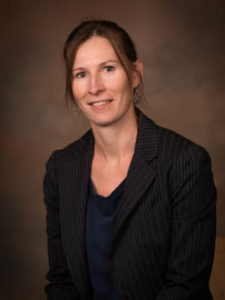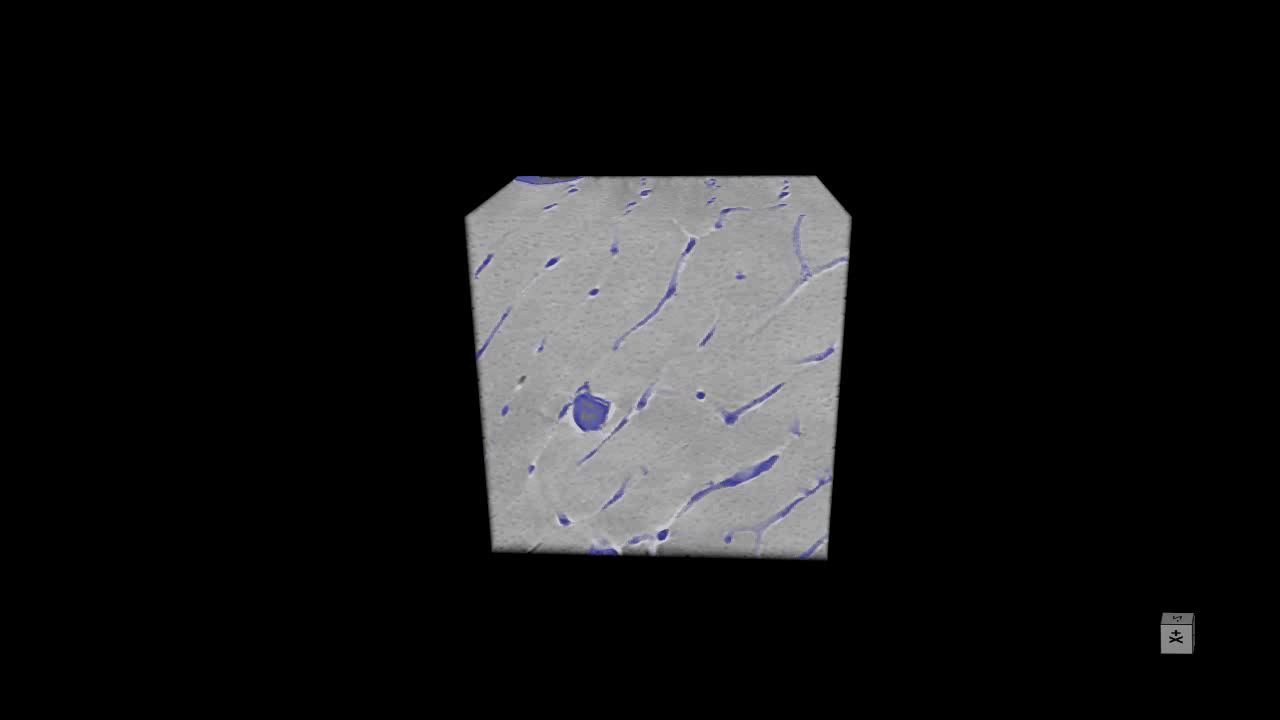
Department of Mechanical Engineering Assistant Professor Claire Acevedo has been awarded a National Science Foundation Faculty Early Career Development Program (CAREER) award. The CAREER program is one of the NSF’s most prestigious award programs, offering 5 years of support of early-career faculty with potential to serve as academic role models in research and education. The research grant, entitled “Discovering Mechanisms Governing Fracture in Fragile Bones” will improve our understanding of the mechanistic origins of fragility fracture in aged and diabetic bones.
When most people think of a bone fracture, they imagine an impact like a fall. However, this may not explain the cause of all catastrophic fractures. It overlooks the role of day-to-day repetitive loading. What if falls in the elderly and diabetic population are the consequence of fracture rather than its cause? What if bones accumulate damage over time under daily (fatigue) loading until they can no longer carry the load, leading to a fall?

“Cyclic fatigue is the most prevalent mechanism of failure in all engineered structures,” said Acevedo, “but its relevance to the field of bone tissues has been neglected. These fatigue fractures are common in young athletes, especially in dancers. The mechanisms of cyclic fatigue allowing damage to slowly grow under physiological cyclic loading might also be the key to understanding fragility fracture, for example in the elderly and diabetics.”
Professor Acevedo’s research will advance the development of new bone fracture mechanics by using a novel combination of synchrotron radiation micro-computed tomography and specific machine learning algorithms to capture the 3D damage evolution during mechanical loading. This is typically not achievable by standard synchrotron micro-computed tomography imaging, which involves high radiation doses and causes deterioration of mechanical properties. This project can reveal the origins of damage mechanisms in all types of collagenous tissues, and has the potential to lower the radiation level and improve image quality of medical scans. The results will ultimately be used to prevent fragility fractures.
In addition, this research will be integrated into a long-term educational plan to attract the next generation of female engineers through dance class and other creative learning supports. In collaboration with the University of Utah Tanner Dance Program, a dance-science classroom geared for K-12 students will be developed to teach them about anatomy and skeleton functions.
For more information on Prof. Acevedo’s research, visit the Laboratory of Fracture and Fatigue of Skeletal Tissues website. You can also view the award abstract on the NSF website.